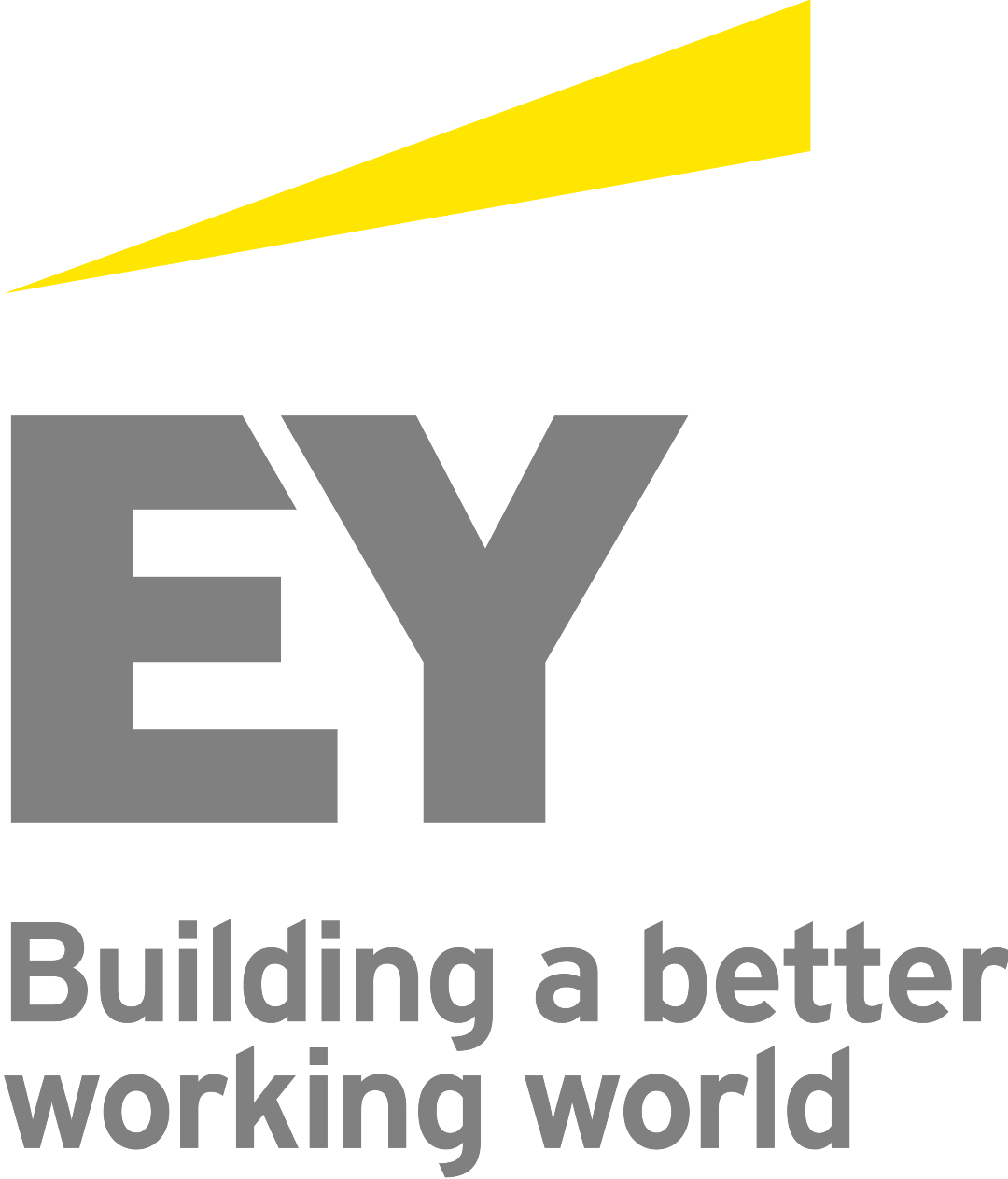Top 10 lessons learned in real estate: Ernst & Young
Canadian real estate developers, investors and lenders more attuned to risk
Lessons from change: survival and growth in the real estate industry finds that, regardless of their current market position, real estate companies need to look ahead and plan for the future of their organizations.
"Whereas two years ago, real estate executives spent most of their time on new deals, now their focus is on protecting assets, controlling costs and, most important, managing cash flows," says
Below are 10 lessons from change that have emerged for the sector, which are also quickly becoming trends for 2010. According to the report, those who take heed of this advice are more likely to continue to adapt and grow in an increasingly global and competitive real estate market:
1. Focus on capital preservation - Most real estate executives are and
will continue to be concerned with stabilizing their organizations
and enhancing their ability to access capital and improve the
flexibility of their balance sheets. Maintaining liquidity is
paramount to capitalizing on future opportunities.
2. Form strategic alliances and/or partnerships with foreign investors -
Partnerships will be formed to acquire assets on a scale never seen
before. Expect Canadian companies with strong balance sheets to
venture into foreign markets.
3. Provide more effective risk management and protection of asset values
- Real estate companies are revamping their framework to more
effectively manage risk. Pricing risk appropriately will define
future growth.
4. Provide an increased focus on tenants - Property owners are becoming
more diligent in evaluating the creditworthiness of tenants to
determine who might present a risk. In light of this, underwriting
will become even more stringent.
5. Evaluate supply chain and contractors - Corporations who hire
developers and construction contractors are evaluating the risks of
having financially troubled contractors/suppliers who could file for
bankruptcy and stop work on a project.
6. Prepare for increased taxes and government regulation - Companies are
preparing for regulatory framework - around private equity investment
funds in particular, as well as arranging for fuller disclosure of
investment plans, asset verification and other information of
interest to shareholders.
7. Control costs and streamline operations - Companies are improving
their overall performance, with issues such as tying executive
compensation to performance resurfacing.
8. Look at Canada's relationship with the US - While there are
noticeable differences between Canada and the US in terms of macro-
economic structure and real estate fundamentals, don't overlook the
influence and effect of our largest trading partner.
9. Accelerate decision-making - Decisions are being made more quickly to
take advantage of shorter windows of opportunity and to respond more
quickly to adverse developments.
10. Concentrate on long-term growth - Real estate executives are thinking
about the future. They're looking at extending their company's market
reach, building relationships, thinking creatively and strengthening
their management capabilities.
About Ernst & Young
Ernst & Young is a global leader in assurance, tax, transaction and advisory services. Worldwide, our 144,000 people are united by our shared values and an unwavering commitment to quality. We make a difference by helping our people, our clients and our wider communities achieve their potential.
For more information, please visit ey.com/ca.
Ernst & Young refers to the global organization of member firms of Ernst & Young Global Limited, each of which is a separate legal entity. Ernst & Young Global Limited, a UK company limited by guarantee, does not provide services to clients.
The Ernst & Young organization is divided into five geographic areas and firms may be members of the following entities: Ernst & Young Americas LLC, Ernst & Young EMEIA Limited, Ernst & Young Far East Area Limited and Ernst & Young Oceania Limited. These entities do not provide services to clients.
For further information: Amanda Olliver, [email protected], (416) 943-7121; Brooke Morris, [email protected], (604) 899-3597; Marie-Ève Graniero, [email protected], (514) 874-4313

Share this article